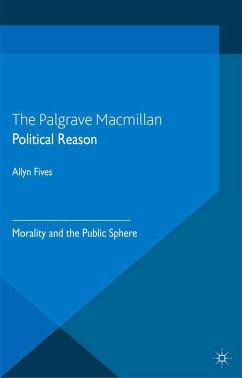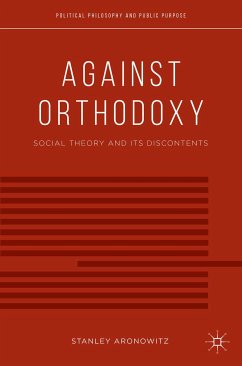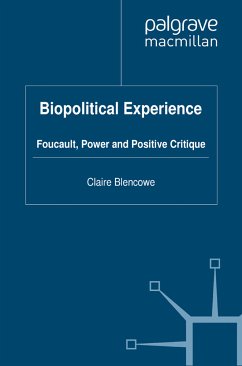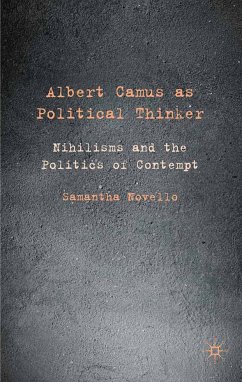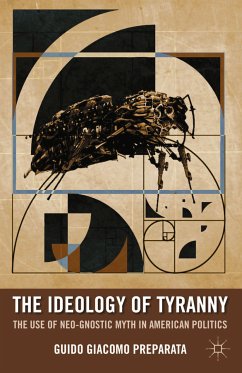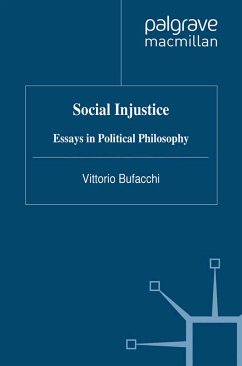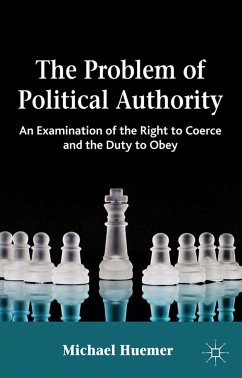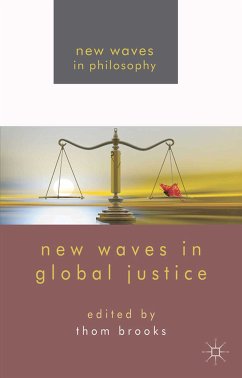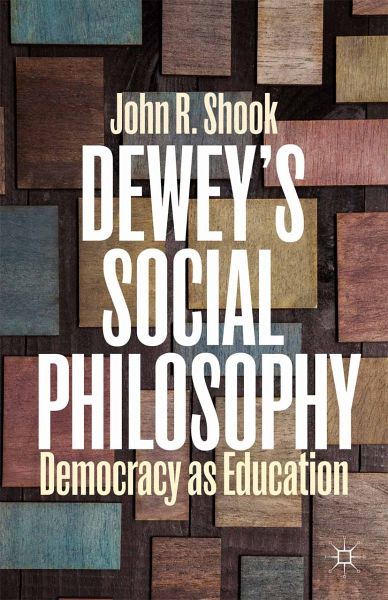
Dewey's Social Philosophy (eBook, PDF)
Democracy as Education
Versandkostenfrei!
Sofort per Download lieferbar
40,95 €
inkl. MwSt.
Weitere Ausgaben:

PAYBACK Punkte
20 °P sammeln!
Dewey is known for education theories to promote democracy, but what is democracy for? His philosophy advanced democracy as education itself, reaching higher levels of social intelligence. Praising community or promoting rights doesn't get to the heart of Dewey's vision, which seeks everyone's good in a social life that is intelligently lived.
Dieser Download kann aus rechtlichen Gründen nur mit Rechnungsadresse in A, B, BG, CY, CZ, D, DK, EW, E, FIN, F, GR, HR, H, IRL, I, LT, L, LR, M, NL, PL, P, R, S, SLO, SK ausgeliefert werden.



